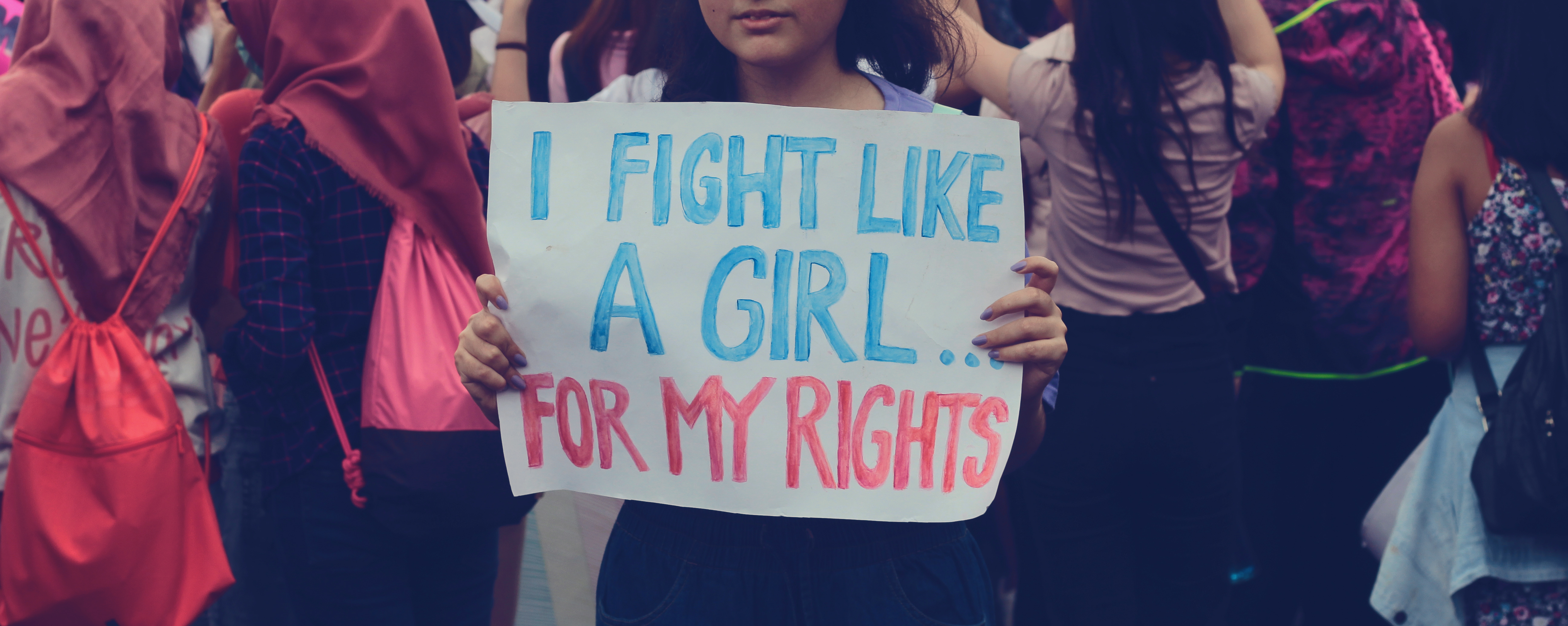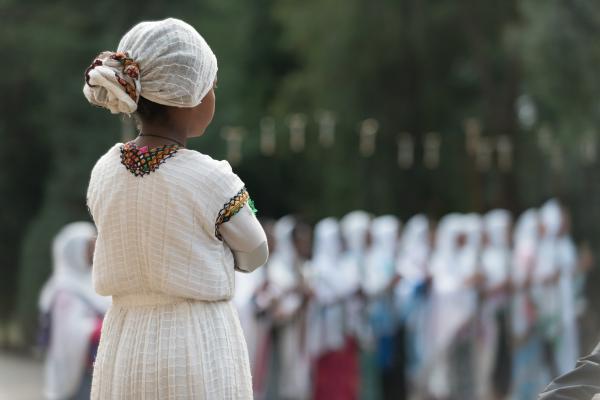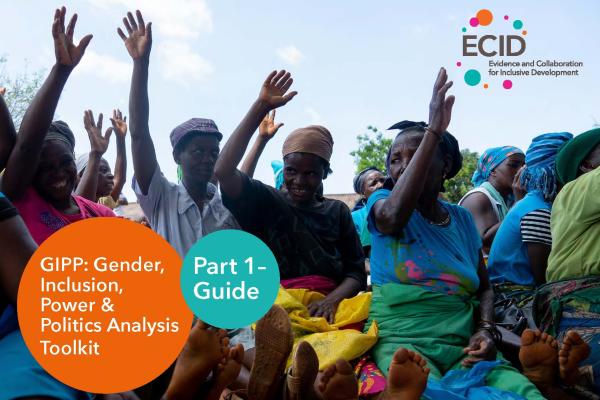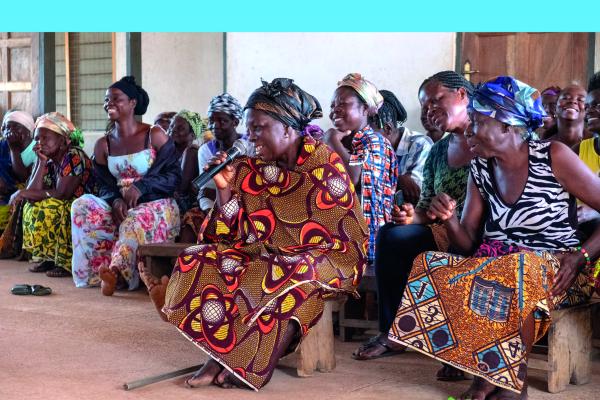Implementation and Analysis in Action of Accountability Programme (IAAAP)
IAAAP was a research-led, adaptive intervention asking "what works" for strengthening accountability in Somalia through a well-documented process of enquiry and experimentation. Sub-contracted through IAAAP partners conducted applied research and test methods on the ground for greater accountabillity across a range of themes, including civil society-state engagement, financial flows and extractive industries.



